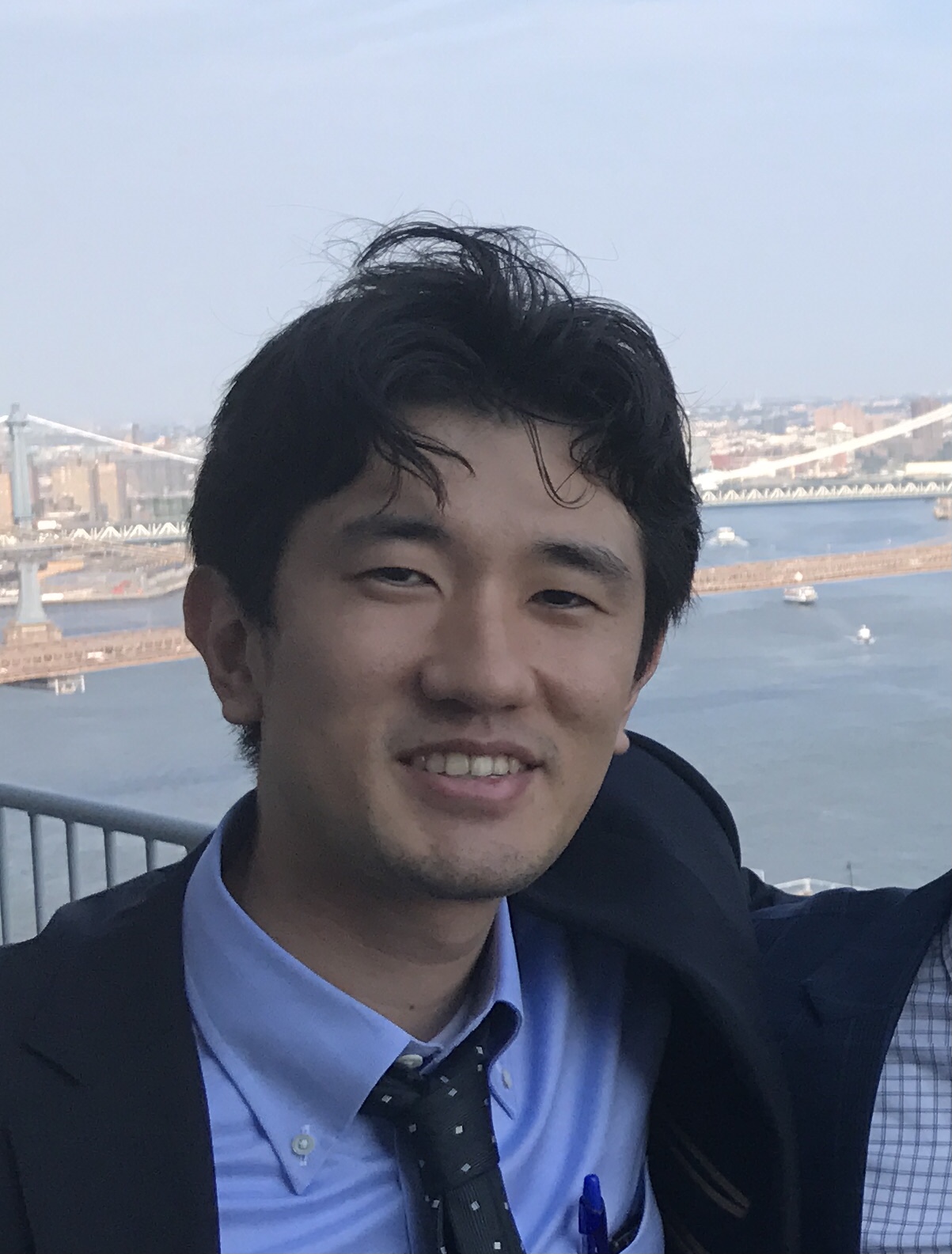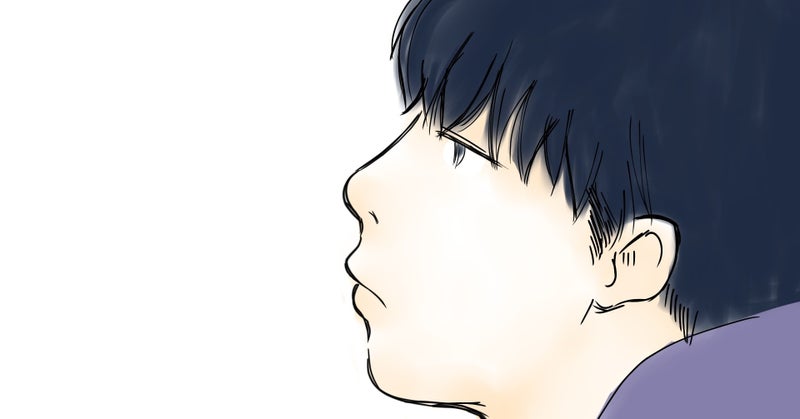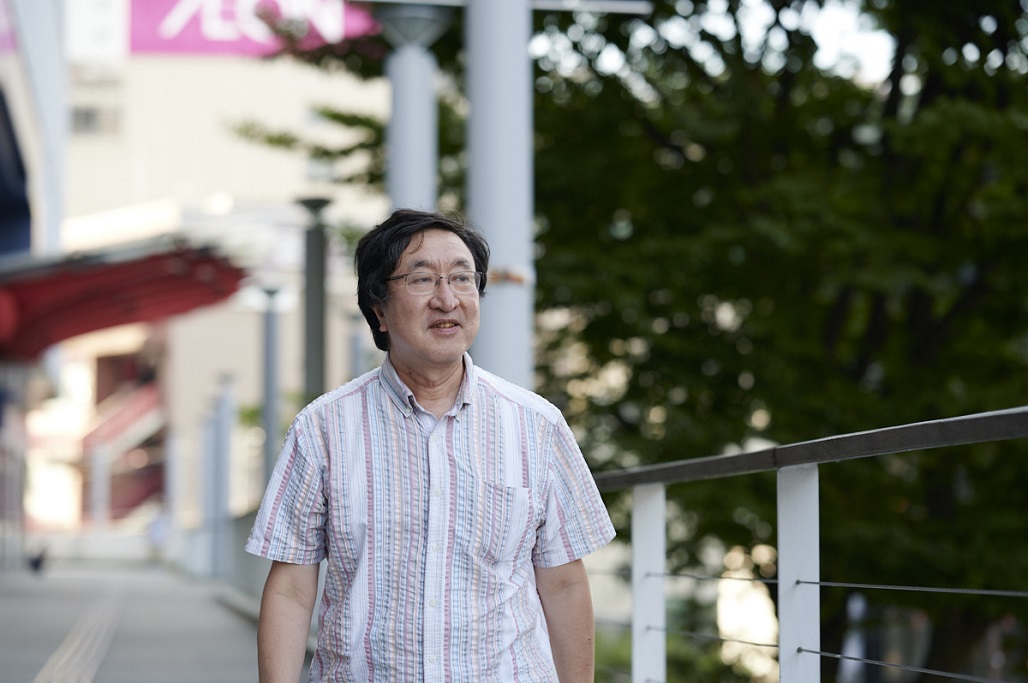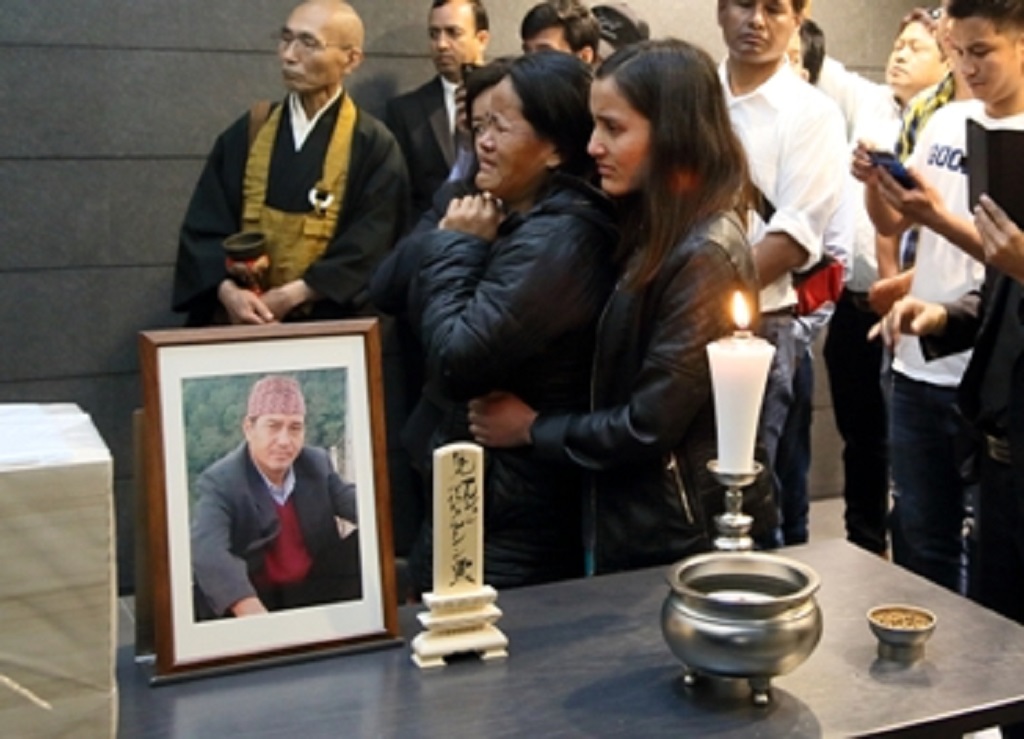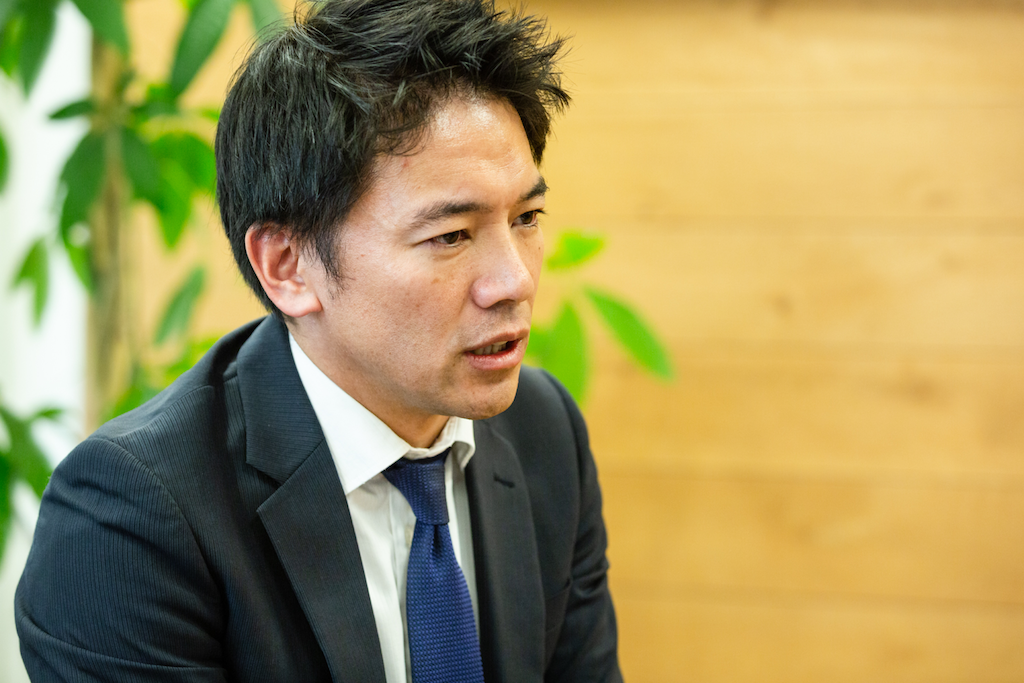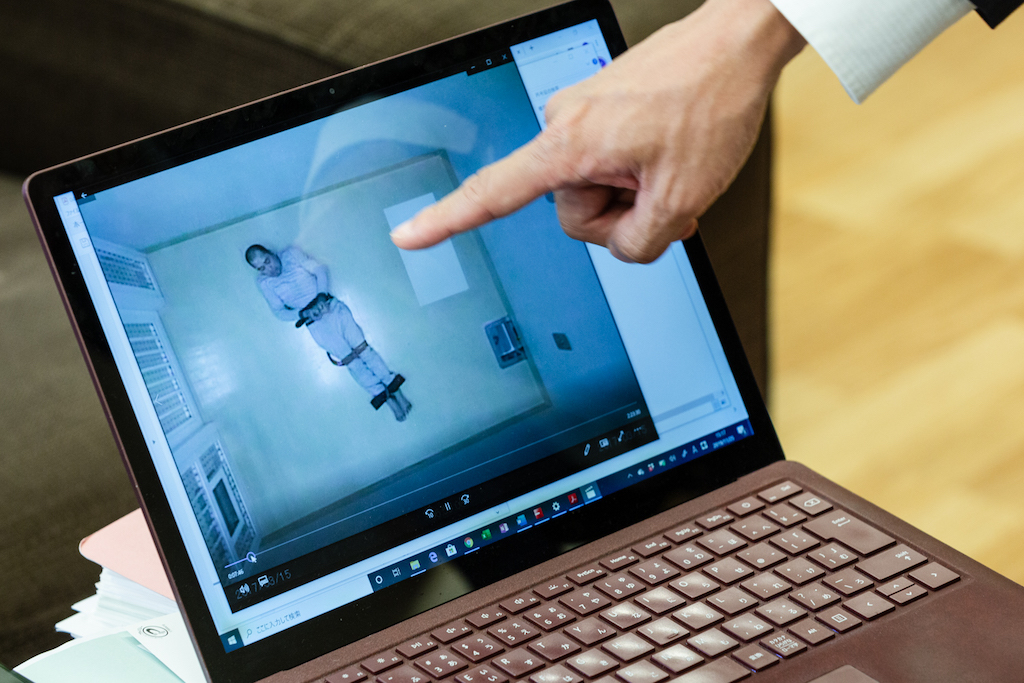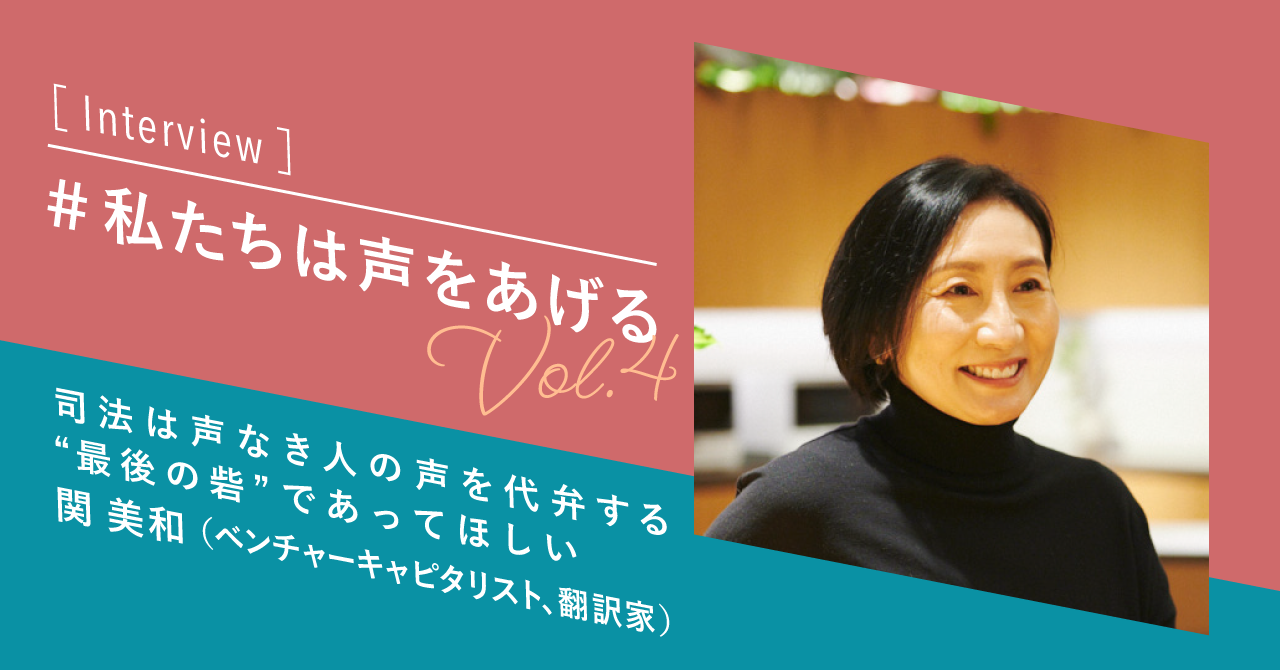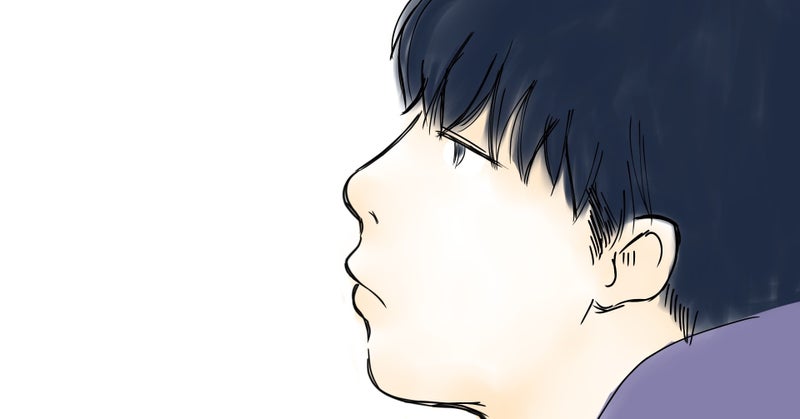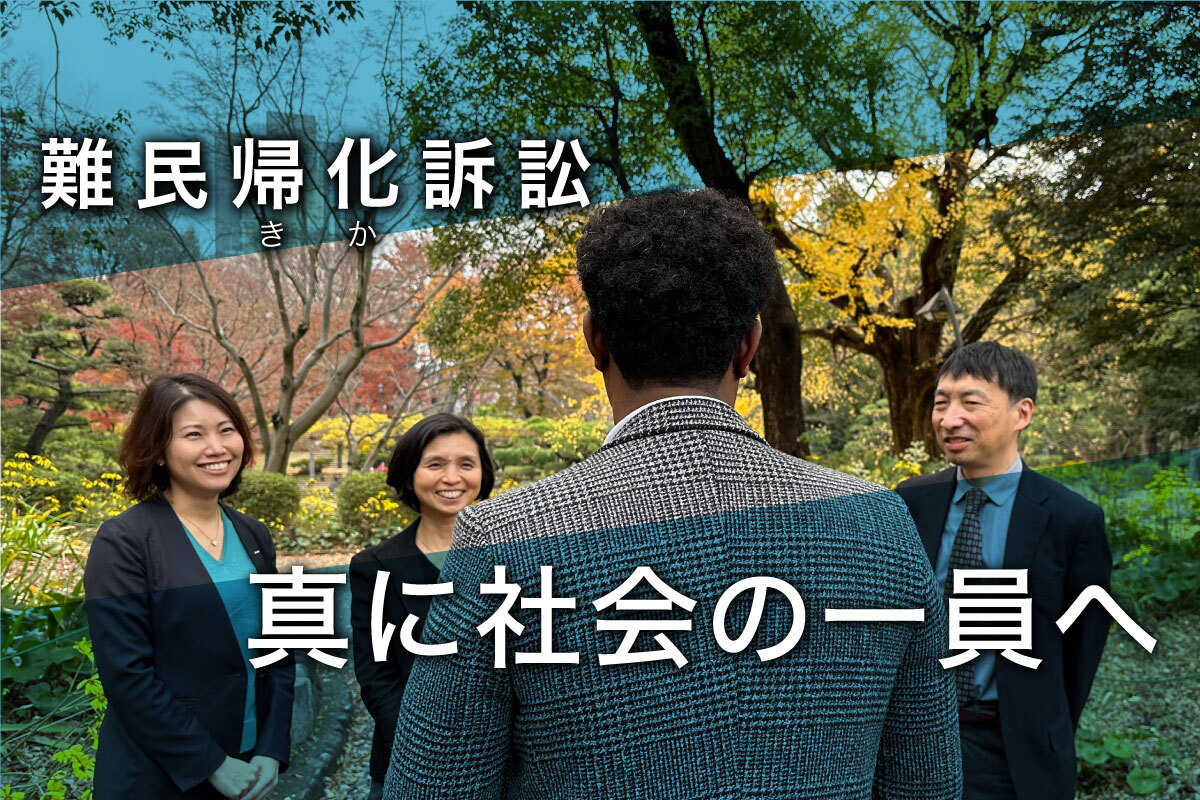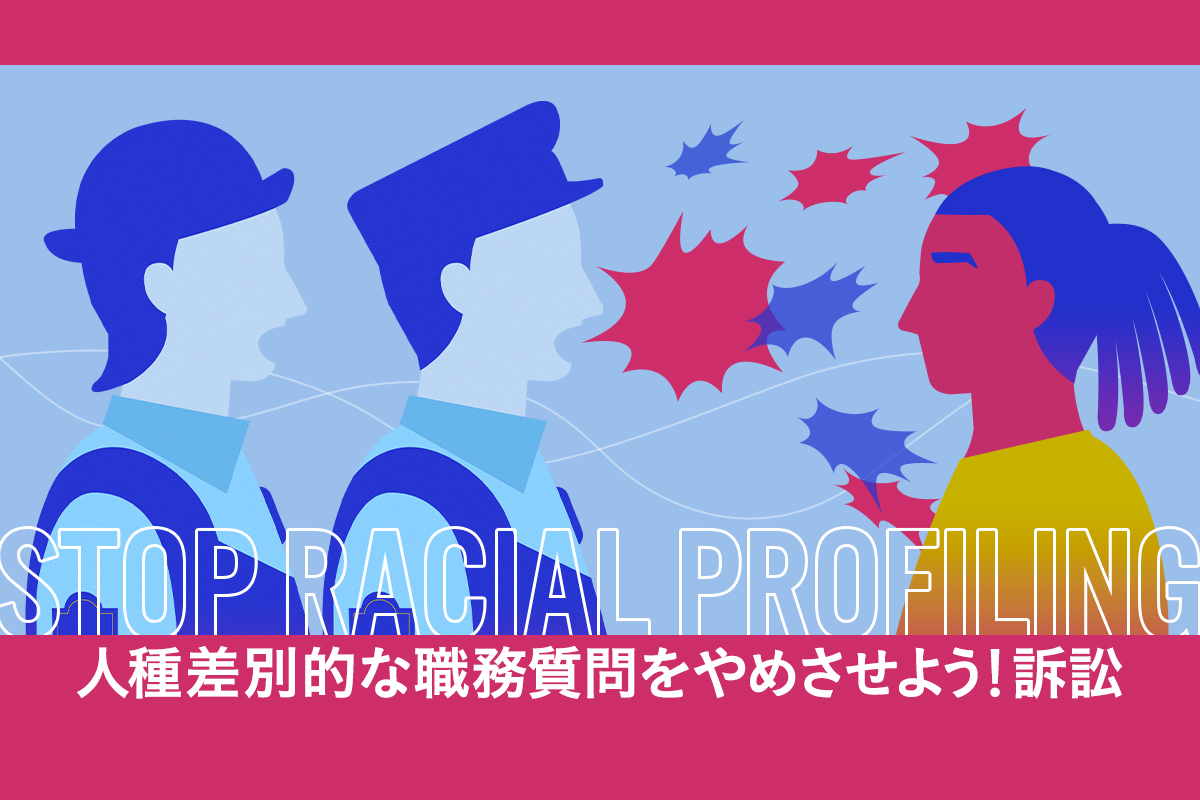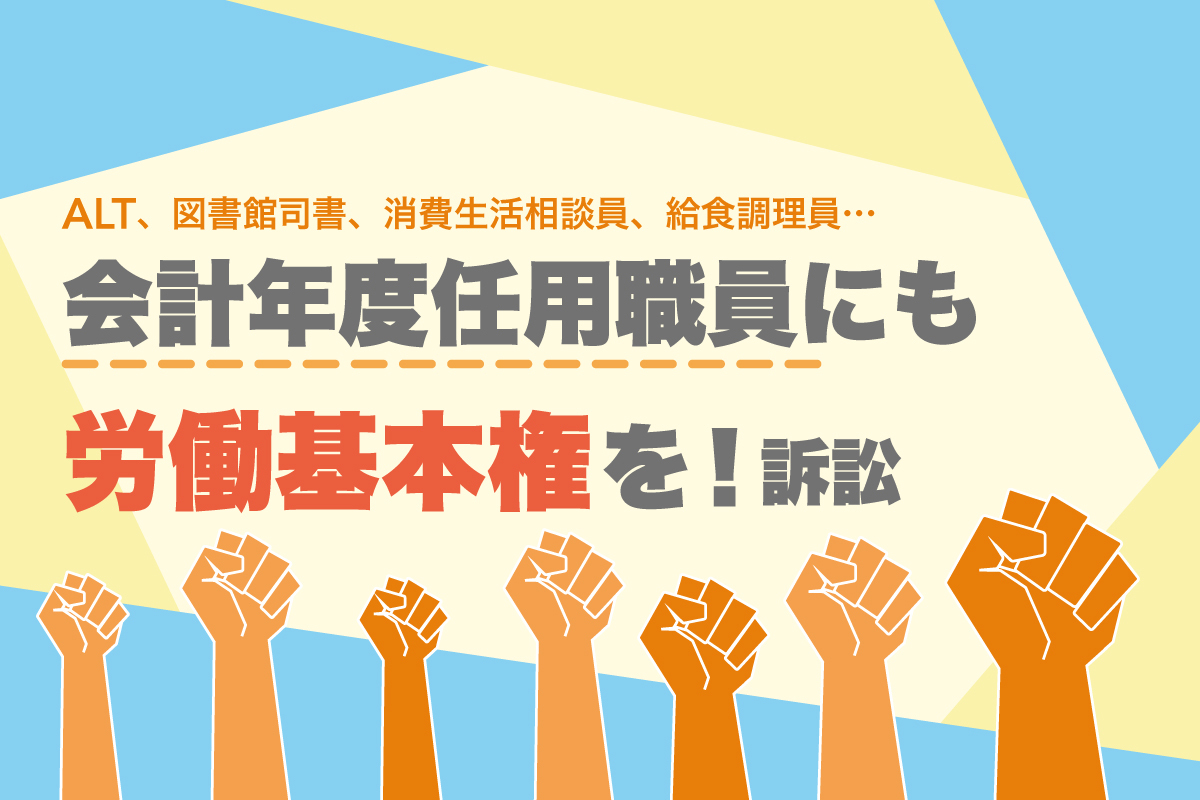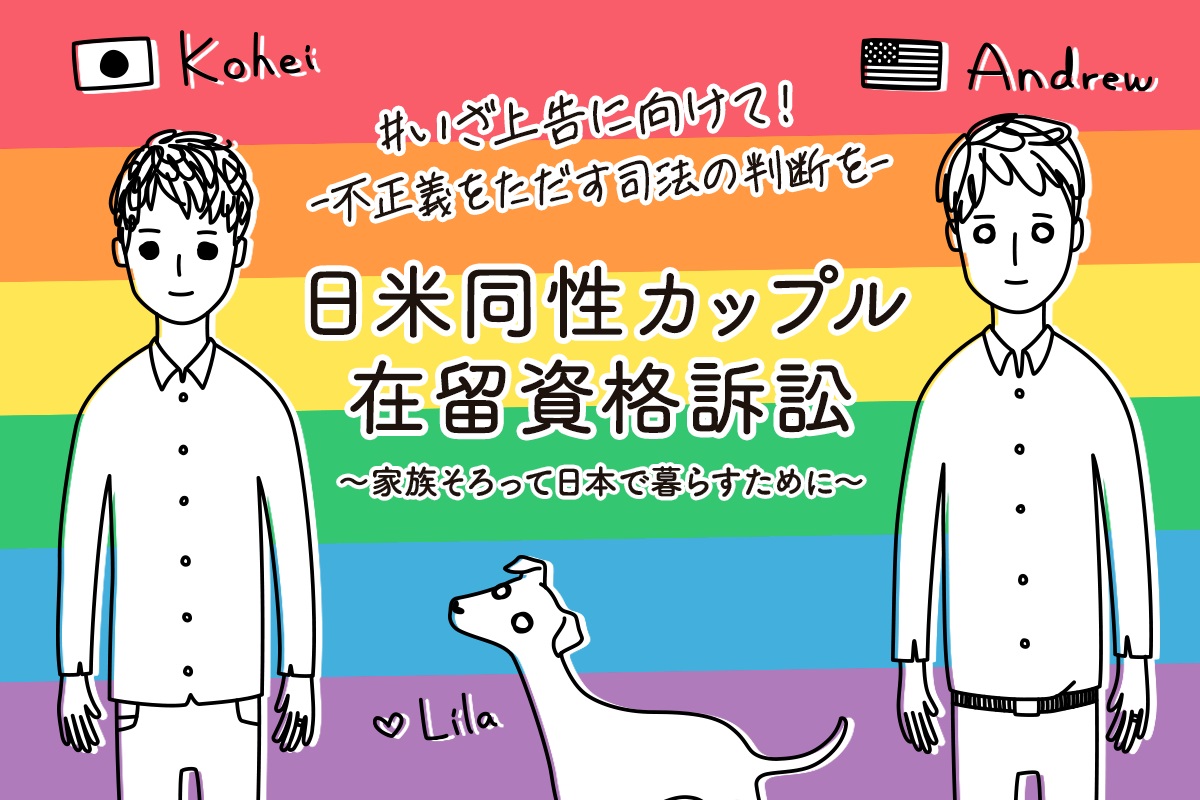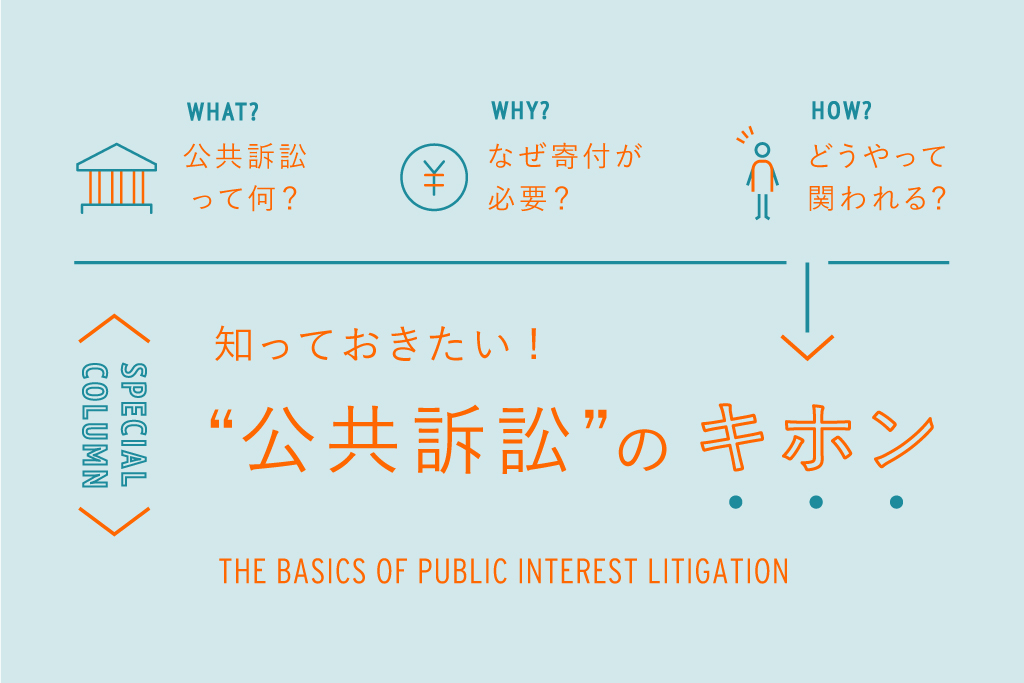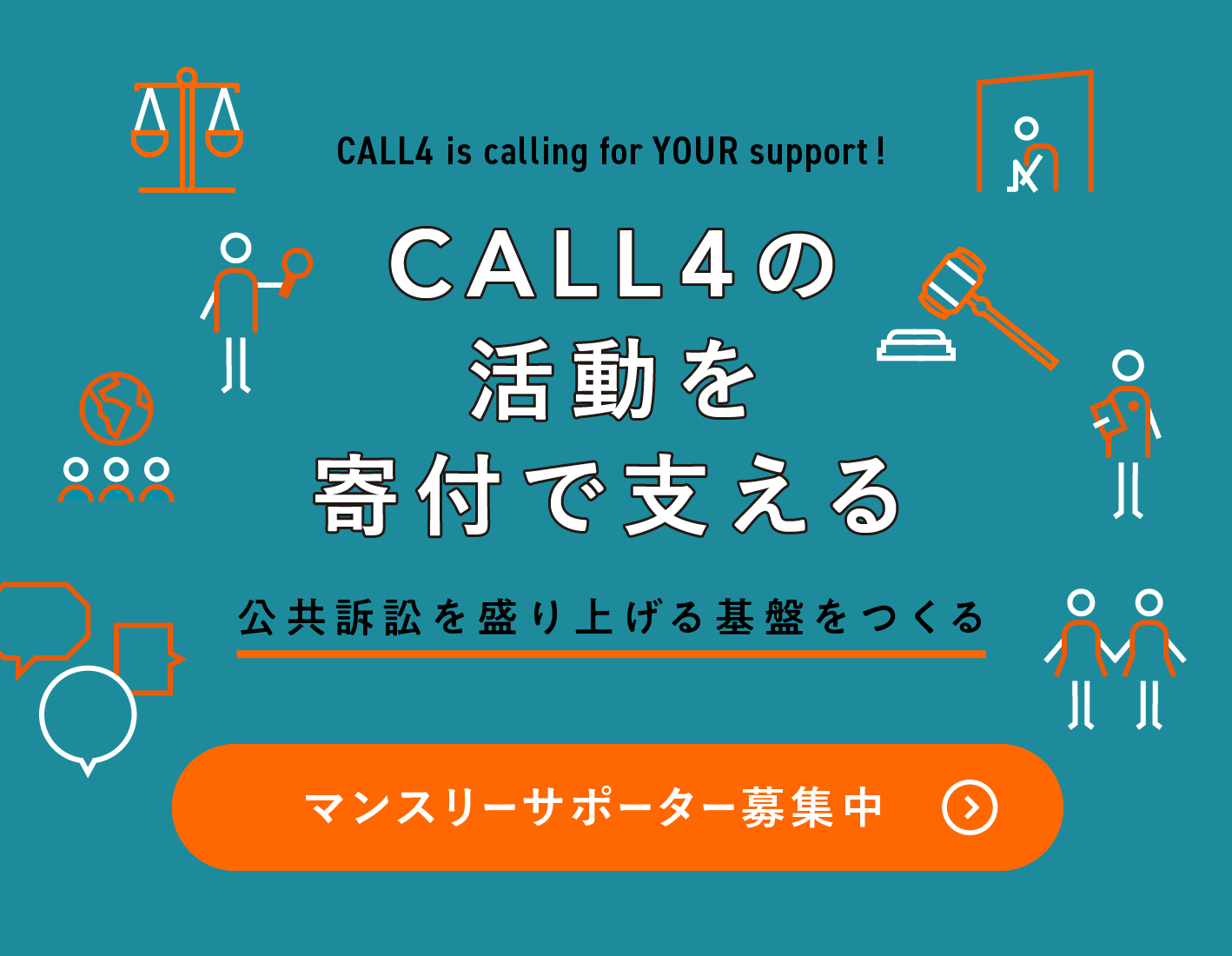ネパール人取調べ中死亡国賠訴訟事件 National compensation case for death of Nepalese in custody
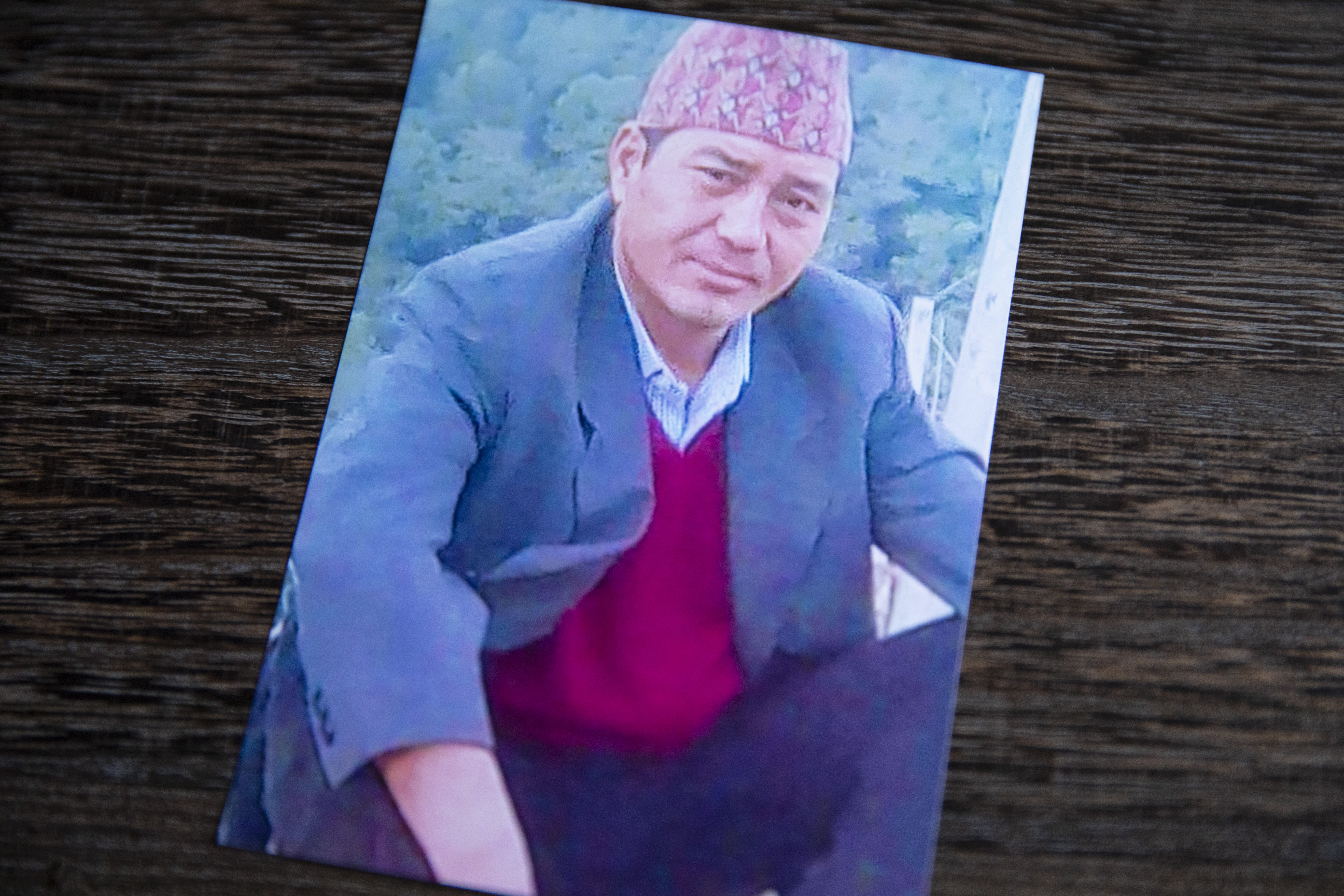
両手に手錠をはめられたまま始められた検事の取調べ中、片方の手錠が外されるや突然白目をむいて意識不明となり不審な死を遂げたネパール国籍の男性の遺族が、身体拘束及びその解除の方法が不適切であったために男性が死亡したとして国家賠償請求を提起した事件です。 During the interrogation, which was started with handcuffs on both hands, the bereaved family of a Nepalese man who died suspiciously.
【追加支援のお願い】
支援者の皆さまへ
これまで頂いたご支援に関しまして改めて深く御礼申し上げます。
お伝えしておりますとおり、留置中の違法な戒具使用行為によってアルジュンさんを死亡させた東京都と国の責任を問う国家賠償請求訴訟において、2023年3月17日に判決があり、東京地方裁判所は、都の責任を認めました。
しかし、東京地裁が認めた賠償額は国家賠償法6条(相互保証主義)を厳格に適用し100万円と著しく低額であり、違法行為の認定も病院搬送義務違反にとどまっており、非常に問題のある判決と言わざるを得ません。
そこで、原告アンビカさん(亡アルジュンさんの妻)と弁護団は、2023年3月28日に東京高等裁判所に控訴をいたしました。
本件は、2017年3月15日にアルジュンさんが亡くなった直後から調査を開始し、2018年に提訴しており、判決に至るまでに5年以上の年月がかかりました。
これまで頂いたご支援は、死因の立証に不可欠である医師の鑑定意見書の作成費用などに使わせて頂きましたが、その他の弁護士費用等を賄うまでには至っておりません。
控訴審では、国家賠償法に関する研究者の意見書作成費用やアンビカさんの証人としての招聘費用、控訴審の訴訟費用などが見込まれます。
そこで、控訴に当たり、皆さまのさらなるご支援を頂ければ大変有難く、追加のご支援をお願いする次第です。
本件は、無抵抗のアルジュンさんを保護室に収容した上で、戒具装着要件が認められないにもかかわらず漫然と戒具を装着し、アルジュンさんの血流を阻害して死に至らしめた、という極めて悪質な事案になります。
警察の留置業務の現場では、このような保護室に収容した上での違法な戒具装着行為が横行しており、2022年12月には、愛知県岡崎警察署、大阪府浪速警察署と立て続けに保護室収容後の戒具装着による死亡事件が発生しています。
本件は、保護室収容後の戒具装着は原則違法であり、また戒具(特にベルト手錠)は血流を妨げ死を惹起する危険性を有するものであり、その使用には厳格なルールを設ける必要があるとの認識を社会に広め、警察の留置業務の根本的改善を促すという意義を持つ裁判といえます。また国際人権保障の観点から、国家賠償法6条(相互保証主義)の問題点について明らかにし、その違憲性・条約違反の判断も求めていきたいと考えております。
そのような意義を持つ本件裁判について、今後とも、皆さまのご支援ご協力をどうぞよろしくお願い致します。
目標金額200万円。
◼事件の概要
2017年3月15日、両手に手錠をはめられたまま始められた検事の取調べ中、片方の手錠が外されるや突然白目をむいて意識不明となり不審な死を遂げたネパール国籍の男性の遺族が、2018年7月27日、身体拘束及びその解除の方法が不適切であったために男性が死亡したとして国家賠償請求を提起しました。
ネパール人男性(39歳)は2017年3月13日、拾った他人名義のクレジットカードを所持していたとして逮捕されました。警察の説明では、3月15日早朝6:30に布団を自分でしまうという留置所のルールに従わないことを留置係が注意したところ留置所内で暴れたため、職員により制圧され、ベルト手錠、捕縄により両手首、腰、両膝、両足首を締め付けられ、「保護室」に入れられました。
その後、護送手錠、捕縄による身体拘束を受けたまま車椅子に乗せられ検事取調べのため検察庁に移送され、車椅子に乗って両手に手錠をはめられたまま検事の取調べが行われました。取調べの途中、検事の指示で片手の手錠が外されると、アルジュンさんは突然白目をむいて意識不明となり、搬送先の病院で急死するという事件が発生しました。事件を知った遺族、支援者から依頼を受けた弁護団と法医学者は、不審な死の真相を解明すべく調査を開始しました。
2018年3月9日に警察は弁護団に対して、次のように説明しています。「司法解剖を踏まえた、アルジュンさんの死因は外力作用による、多発性外傷である。 警察は警察署内での殺人被疑事件として、2018年2月24日、被疑者不詳のまま、検察に事件送致した。」その後、送致をうけた検察は、3月14日に不起訴処分としました。
アルジュンさんの遺族からの要望により弁護団と法医学者が調査した結果、アルジュンさんの突然死には警察・検察による関与が強く疑われることとなり、この度、国家賠償訴訟の提訴と刑事告訴を行うこととなりました。裁判を通じて、事件の真相が明らかになることを遺族は望んでいます。2018年7月27日に被告国と東京都に対し、国家賠償請求訴訟を提起しました。
◼アルジュンさんとネパールと日本
アルジュンさんが日本に始めてきたのは2011年頃。インド・ネパールカレー料理店のシェフとして、在留資格「技能」で入国し、各地のレストランで働いていました。2016年4月に一時ネパールに帰国し、同年11月に再来日します。12月から翌年1月にかけては埼玉のレストランで働いていました。しかし2017年2月にその店を解雇され、仕事を求めて放浪が始まります。仕事を見つけることができず、逮捕される直前は新宿、大久保の町をさまよっていたと伝えられています。実際大久保のあるネパール料理店では、よくアルジュンさんが食事に来ていたと証言しています。
その後仕事を見つけられなかったとみられ、警察の説明では逮捕時に所持していたのは22円と手帳だけという状態でした。
アルジュンさん来日の背景には、日本の昔ながらの外食産業の衰退が関係しています。日本にファミリーレストランや、ファーストフードが登場したのは1970年代と言われています。安価な食事を提供する流れになりますが、当然のことながら、それまで各街にあった、「店屋物」を提供する店や、「昔ながらの中華料理屋」の経営は圧迫され、次第に姿を消していきます。これにより日本の各地にインド人経営者のインド料理店や、中国人の経営者による中華料理店のビジネスチャンスが生じたと思われます。はじめはインド人の経営するインド料理店の労働者として雇用されていたネパール人ですが、その後ネパール人経営者も多く現れ、そこで働く労働者は在留資格「技能」で在留を認められたネパール人達です。本件アルジュンさんの事件が起きた2017年頃は、地域によっては供給過剰となり、閉店に追い込まれ、職を失うことも起きていました。
アルジュンさんの事件には、こうした日本社会の背景事情がありました。
◼資金(寄付金)の使途
・訴訟費用(弁護士報酬、印紙・郵券等の訴訟提起に不可欠の実費)
・必要経費(交通費・会議費等)
・調査費用(現地調査、資料収集のための諸費用、翻訳費用等)
・遺族の日本への招聘費用(渡航費、宿泊にかかる費用)
・研究者の意見書費用
・広報費用
◼弁護団メンバー(一部)紹介
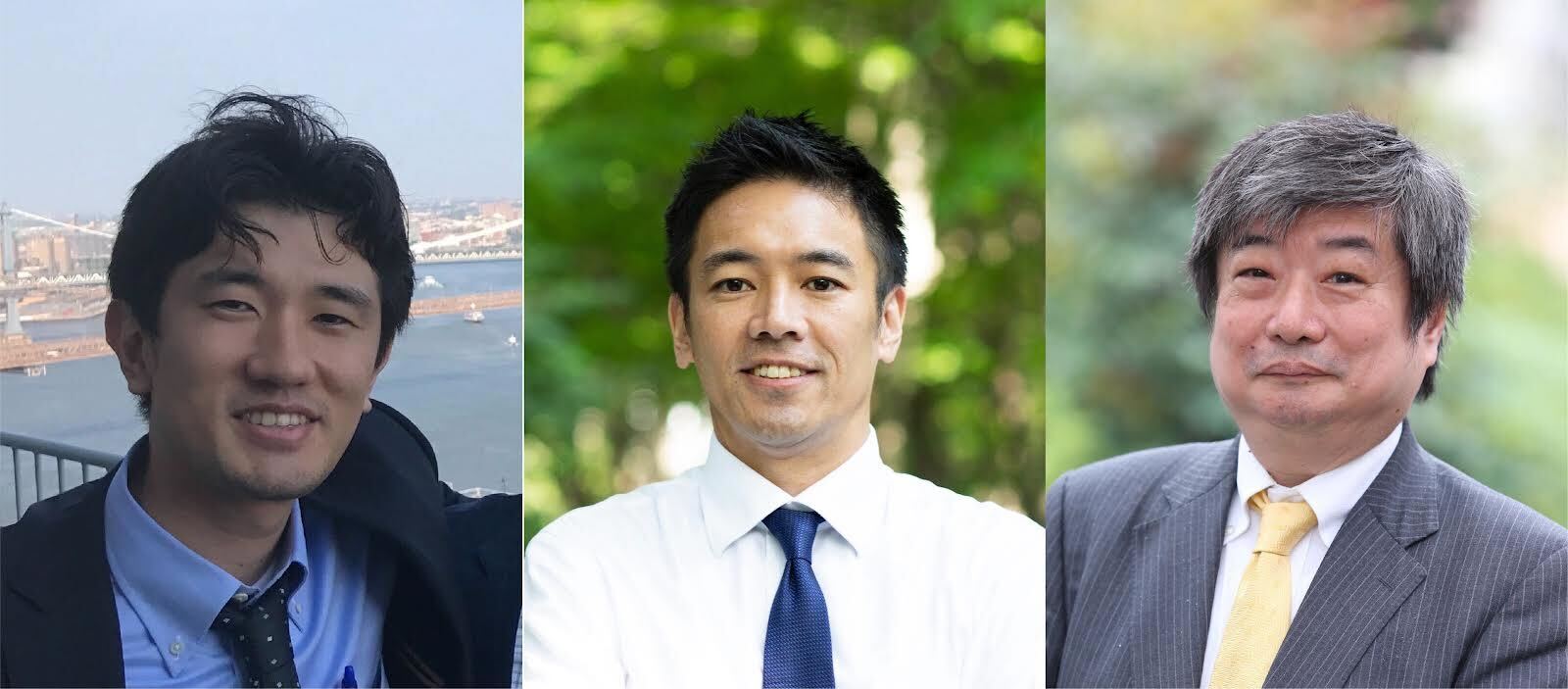
小川隆太郎
弁護士(東京共同法律事務所・東京弁護士会)
http://www.tokyokyodo-law.com/
認定NPO法人ヒューマンライツ・ナウ事務局次長
認定NPO法人日本国際ボランティアセンター理事
日本弁護士連合会国際人権条約WG自由権規約PT事務局次長
日本弁護士連合会国際人権問題委員会幹事
全国難民弁護団連絡会議世話人 ほか
川上資人
弁護士(早稲田リーガルコモンズ法律事務所・東京弁護士会)
https://legalcommons.jp/
青年海外協力隊(ニジェール赴任)、あしなが育英会を経て弁護士登録(68期)
日本労働弁護団常任幹事・同事務局次長
交通の安全と労働を考える市民会議事務局
ウーバーイーツユニオン、楽天ユニオン法律顧問 ほか
海渡雄一
弁護士(東京共同法律事務所・第二東京弁護士会)
http://www.tokyokyodo-law.com/
拘禁施設における公権力によるさまざまな暴行事件や原発訴訟などに取り組んでいる。
監獄人権センター代表
公害対策環境保全委員会委員脱原発弁護団全国連絡会共同代表
脱原発法制定全国ネットワーク事務局長 ほか
[Request for additional support]
Dear Supporters
We would like to express our deep gratitude for the support we have received thus far.
As we have told you, in the lawsuit claiming state compensation for the responsibility of the Tokyo Metropolitan Government and the national government that caused Arjun's death due to the illegal use of restraints while in custody, a judgment was made on March 17, 2023, and the Tokyo District The court accepted the city's liability.
However, the amount of compensation recognized by the Tokyo District Court was extremely low at 1,000,000 yen, strictly applying Article 6 of the National Compensation Law (the principle of mutual guarantee). I have to say that it is a questionable decision.
Therefore, the plaintiff Ambika (wife of the late Arjun) and her legal team filed an appeal to the Tokyo High Court on March 28, 2023.
In this case, the investigation started immediately after Mr. Arjun passed away on March 15, 2017, and the lawsuit was filed in 2018, and it took more than five years to reach the verdict.
The support we have received so far has been used for expenses such as the preparation of a doctor's opinion, which is essential for proving the cause of death, but it has not yet been able to cover other attorney's fees.
In the appellate court, expenses for preparing a researcher's opinion on the state reparation law, inviting Ms. Ambika as a witness, and litigation expenses for the appeal are expected.
Therefore, we would be very grateful for your further support in the appeal, and we ask for your additional support.
In this case, Mr. Arjun, who did not resist, was placed in a protection room, and despite the fact that the requirement for wearing a restraining device was not recognized, he casually put on a restraining device, obstructing the blood flow of Mr. Arjun, leading to death. That would be a very bad case.
At the site of police detention work, illegal restraint wearing acts after detaining in such a protection room are rampant, and in December 2022, Aichi Prefecture Okazaki Police Station and Osaka Prefecture Naniwa Police Station There has been a series of fatal incidents due to the wearing of protective equipment after being placed in a protection room.
In this case, wearing restraints after confinement in a protection room is in principle illegal, restraints (especially belt handcuffs) have the risk of impeding blood flow and causing death, and strict rules are required for their use. It can be said that the trial has the significance of spreading the recognition in society that it is necessary to establish a system and promoting fundamental improvements in the detention work of the police. In addition, from the perspective of international human rights protection, we would like to clarify the problems of Article 6 of the State Reparations Law (the principle of mutual guarantee), and seek judgment on its unconstitutionality and violation of treaties.
I would like to ask for your continued support and cooperation regarding this lawsuit, which has such significance.
The target amount is 2 million yen.
◼Overview of the case
On March 15, 2017, during the interrogation by the prosecutor, which began with handcuffs on both hands, as soon as one of the handcuffs was removed, the eyes of a Nepalese man suddenly turned white, fell unconscious, and died a suspicious death. On July 27, 2018, the bereaved family filed a state compensation claim for the man's death due to improper restraint and release methods.
A 39-year-old Nepali man was arrested on March 13, 2017 for possessing a credit card in someone else's name that he had found. According to the police, at 6:30 in the early morning of March 15, when the detention staff warned him not to follow the detention house's rule of putting away his futon by himself, he went on a rampage in the detention center, and was restrained by staff, handcuffed with a belt, and arrested with a rope. I was put in a "protection room" with my wrists, hips, knees, and ankles tied.
After that, he was placed in a wheelchair while physically restrained with handcuffs and arresting ropes, and transferred to the public prosecutor's office for interrogation by the prosecutor. During the interrogation, when the handcuffs on one hand were removed under the direction of the prosecutor, Arjun suddenly rolled the white of his eyes and fell unconscious. At the request of the bereaved family and supporters who learned of the incident, the defense team and forensic scientists began an investigation to clarify the truth behind the suspicious death.
On March 9, 2018, the police explained to the defense team as follows. “According to the autopsy, the cause of Arjun's death was multiple trauma caused by the action of an external force. I have sent him." After that, the prosecutor's office, which received the transfer, decided not to indict him on March 14.
At the request of Arjun's bereaved family, a team of lawyers and forensic scientists conducted an investigation. As a result, it was strongly suspected that the police and prosecutors were involved in Arjun's sudden death. I was. The bereaved family hopes that the truth of the case will be revealed through the trial. On July 27, 2018, we filed a lawsuit claiming state compensation against the defendant country and the Tokyo Metropolitan Government.
◼ Arjun, Nepal and Japan
Arjun started in Japan around 2011. As a chef at an Indian/Nepalese curry restaurant, I entered the country with a status of residence of “skilled worker” and worked at restaurants in various places. In April 2016, he temporarily returned to Nepal and returned to Japan in November of the same year. I worked at a restaurant in Saitama from December to January of the following year. However, in February 2017, he was fired from the store and started wandering in search of work. Unable to find work, he reportedly wandered the streets of Shinjuku and Okubo shortly before his arrest. In fact, at a Nepalese restaurant in Okubo, I testify that Mr. Arjun often came to eat.
After that, it seems that he could not find a job, and according to the police, he had only 22 yen and a notebook at the time of his arrest.
Arjun's visit to Japan is related to the decline of Japan's traditional food service industry. It is said that family restaurants and fast food appeared in Japan in the 1970s. There was a trend to provide cheap meals, but of course, until then, the management of shops that offered ``store food'' and ``traditional Chinese restaurants'' in each town was under pressure, and gradually disappeared. will be erased. This is thought to have created business opportunities for Indian restaurants run by Indians and Chinese restaurants run by Chinese in various parts of Japan. At first, Nepalese were employed as workers of Indian restaurants run by Indians, but after that many Nepalese managers appeared, and the workers working there were Nepalese who were allowed to stay with the status of residence "skilled labor". is. Around 2017, when the Arjun incident occurred, there was an oversupply in some areas, and some people were forced to close stores and lose their jobs.
Arjun's case was based on this background of Japanese society.
◼ Use of funds (donations)
・Litigation costs (Actual costs essential for filing a lawsuit, such as attorney fees, stamps, and postage stamps)
・Necessary expenses (transportation expenses, meeting expenses, etc.)
・Survey costs (field survey, various costs for collecting materials, translation costs, etc.)
・ Expenses for inviting the bereaved family to Japan (travel expenses, accommodation expenses)
・Researcher's Opinion Fee
・Publicity expenses
◼Introduction of defense team members (partial)

Ryutaro Ogawa <br>Lawyer (Tokyo Kyodo Law Office, Tokyo Bar Association)
http://www.tokyokyodo-law.com/
Deputy Director of the NPO Human Rights Now Secretariat Director of the Japan International Volunteer Center other
Motohito Kawakami <br>Lawyer (Waseda Legal Commons Law Office, Tokyo Bar Association)
https://legalcommons.jp/
Japan Overseas Cooperation Volunteers (assigned to Niger), Registered as a lawyer (68th term) after working for Ashinaga Scholarship Foundation
Executive secretary and deputy secretary general of the Japan Labor Lawyers Association Secretariat of Citizens' Conference on Traffic Safety and Labor Lawyer of Uber Eats Union, Rakuten Union, etc.
Yuichi Kaito <br>Lawyer (Tokyo Kyodo Law Office, Daini Tokyo Bar Association)
http://www.tokyokyodo-law.com/
He has worked on various assault cases by public authorities in detention facilities and nuclear power lawsuits.
Representative of the Human Rights Center for Prisons Member of Pollution Countermeasures and Environmental Conservation Committee
関連コラム
-
2022. 1. 18
-
2020. 12. 9
あなたにおすすめのケース Recommended case for you
- 外国にルーツを持つ人々 Immigrants/Refugees/Foreign residents in Japan
- ジェンダー・セクシュアリティ Gender/Sexuality
- 医療・福祉・障がい Healthcare/Welfare/Disability
- 働き方 Labor Rights
- 刑事司法 Criminal Justice
- 公正な手続 Procedural Justice
- 情報公開 Information Disclosure
- 政治参加・表現の自由 Democracy/Freedom of Expression
- 環境・災害 Environment/Natural Disasters
- 沖縄 Okinawa
- 個人情報・プライバシー Personal information/Privacy
- アーカイブ Archive
- 全てのケース ALL
